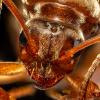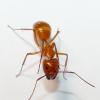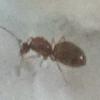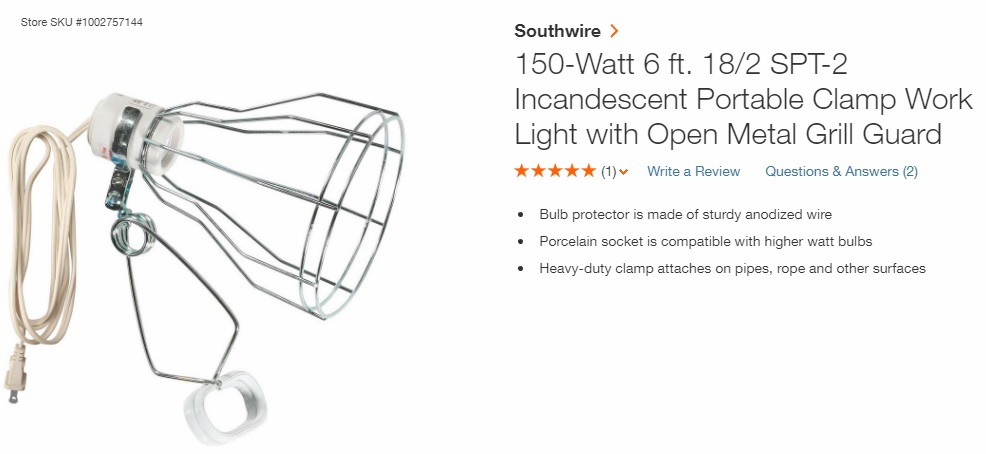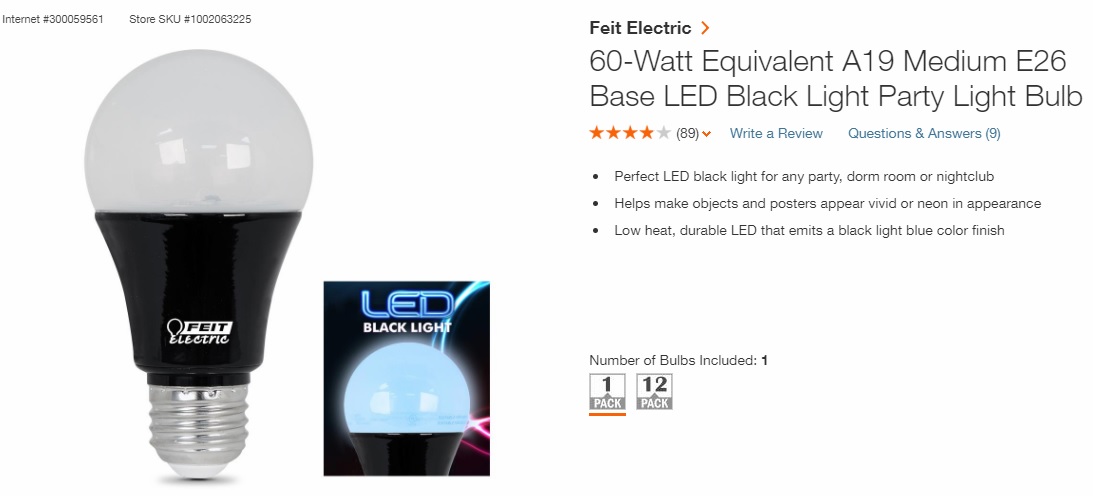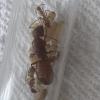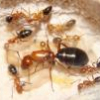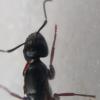I'm struggling to keep a humid environment in the room I have my ants in. Its still pretty dry in my place and one of the colonies I took out seems to be drying out because of the open outworld. I was thinking of getting a heating pad to help raise the temps and I know that will help with humidity. I have water test tubes in all the boxes the colonies are in. I started testing a few tubes and tubs setups for my tetras so they could expand and it would be easier to maintain them. But the humidity in the tubs is really low even with the water tubes. I'm assuming its a combination of low temps and humidity in the room.
What do you guys do to keep the humidity high where your ants are? Will heating them be enough?




